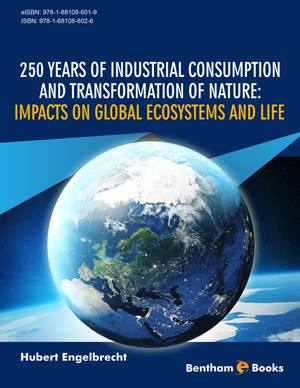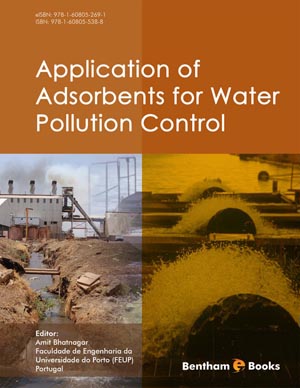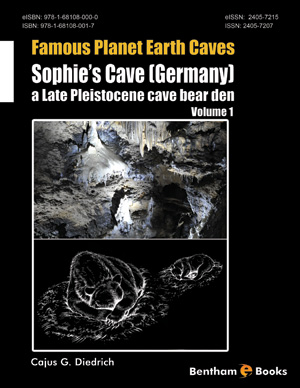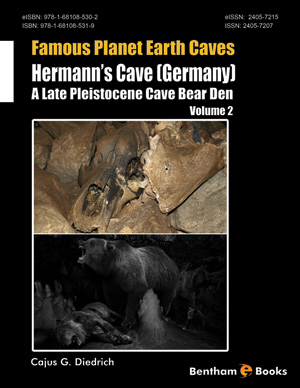Abstract
Rising affluence and world population demands increasing supply. Consequently, mass extraction, processing, and shipping of mineral raw materials and other goods has spread over the world. The huge anthropogenic turnover of materials caused by socio-economic metabolism and by all kinds of effects and interactions resulted in problems for the ecosphere. The transformations of natural environments turned out to be detrimental to biodiversity, to ecosystem services, and to life in general. Fauna and flora were exposed to greater adaptive pressure. Dissipative and dispersive use of natural products created huge amounts of waste and of toxic sites, resulting in health problems, fatalities, and enormous economic costs. Several planetary-scale tipping points, which occurred with further biodiversity loss, radiative CO2 forcing, dieback of rainforests and loss of the West Antarctic ice sheet, were approached and partly transgressed, because regulatory natural forces cannot compensate for the magnitudes of human activities. Emerging system pressures and rising global connectedness have resulted in risk societies, which are characterised by latent conflicts with sustainability, dependencies, higher disparities, environmental degradations, and less precise system predictabilities, as well as the awareness of these problems, documented e.g. by the creation of Earth Overshoot Day.
Keywords: Adaptive pressure, Anthropogenic turnovers, Contamination, Dependencies, Ecologic counterparts, Environmental health, Risk, Socioeconomic metabolism, Tipping points, Waste.












